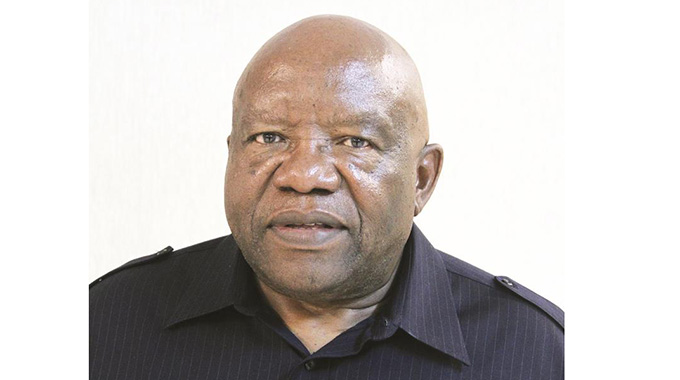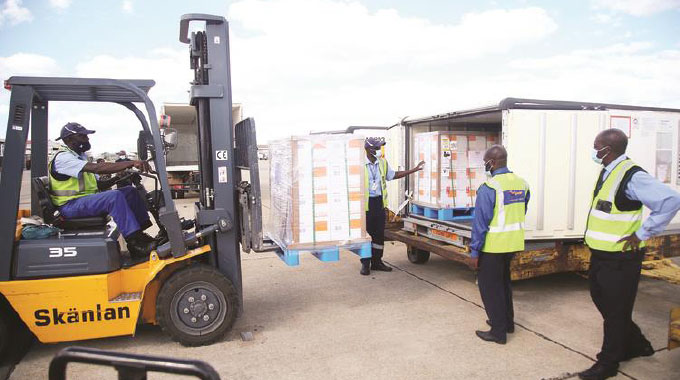‘Time to invest in traditional medicines’

Fungi Kwaramba
Political Editor
SCIENTISTS must broaden collaboration in research and development of traditional medicines as part of global efforts to tackle the Covid-19 pandemic which has taken lives and disrupted livelihoods globally, President Mnangagwa said.
In his virtual address at the Forum on Traditional Chinese Medicine and International Cooperation Against Covid-19 yesterday, President Mnangagwa said while the world is pinning its hopes on Covid-19 vaccines, it is imperative to broaden the scope to other areas such as traditional medicines.
“While our hopes are pinned on the Covid-19 vaccination programmes, it is imperative that scientists broaden collaboration in research and development of traditional medicines. This will ensure safe development and deployment of our rich indigenous knowledge systems, to tackle the pandemic.
“In the case of Zimbabwe, notable strides are being made in research of the medicinal properties of indigenous plants, specifically Lippia Javanica (Zumbani), which is abundant in our country and parts of Southern Africa. Research and cooperation in this and other regards, is encouraged and most welcome,” the President said.
Collaborative efforts between the traditional and conventional medicines will contribute to the transformation of the medical provisions from volume-based to value-based health care, the President added.
The traditional medicine virtual forum was held under the theme “Deepen Exchanges and Mutual Learning of Traditional Chinese Medicine. Build a Global Community of Health for All”, a subject that the President said resonates with China’s continued global role in the health sector at a time when the world is grappling with the Covid-19 pandemic.
Vice President Constantino Chiwenga, who is also the Minister of Health and Child Care, Vice Premier of the State Council and Politburo member of the Communist Party of China Cde Sun Chunlan, Chinese Vice Minister and Secretary General of Foreign Affairs Cde Luo Zhaohui were among other dignitaries who attended the meeting.
“One of the most pressing tasks for the international community therefore, is to contain the Covid-19 pandemic. We must act together towards stabilising and reviving the global economy. This necessitates a stronger response anchored by closer solidarity and cooperation, as well as information sharing within the community of nations,” the President said.
He added that traditional health systems are part of the global heritage, which are treasured as a key component of culture in many societies.
Last year the country opened the Zimbabwe-China Traditional Chinese Medicine (TCM) and Acupuncture Centre at the Parirenyatwa Group of Hospitals in Harare.
“In an effort to strengthen cooperation and development of traditional medicine, Zimbabwe and China signed a Memorandum of Understanding which has seen the establishment of Traditional Chinese Medicine clinic at one of my country’s largest referral hospitals.”
China, a strategic partner of Zimbabwe, with relations dating back to the liberation struggle, has played a leading role in assisting the country fight the Covid-19 pandemic through the provision of, not only sundries but also huge gifts of vaccines to help curb the spread of coronavirus.
“In the spirit of multilateralism, Zimbabwe remains committed to collaborate and cooperate with all, at the international level, in pursuit of the global ‘health for all agenda’. This is now more urgent given that Covid-19 has dealt an unprecedented setback to the global effort to end extreme poverty, unsustainable use of natural resources, conflict and climate change.
“Multilateralism is indeed our hope for ‘Humanity Way Forward’ and a quest to ensure that no one and no place is left behind,” the President said.
Having already vaccinated more than 60 percent of frontline workers in the initial phase of the vaccination programme, Zimbabwe is presently in its Phase Two of the Covid-19 vaccination programme which is targeting teachers, people with chronic conditions, the security sector among others.







Comments